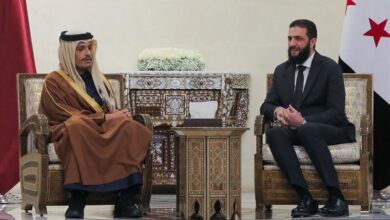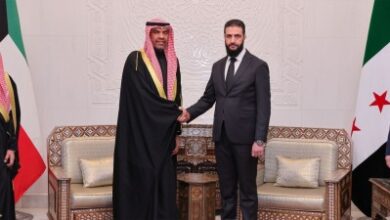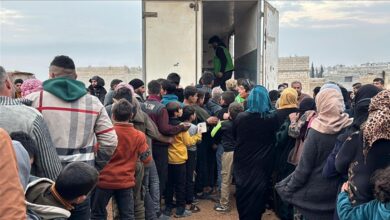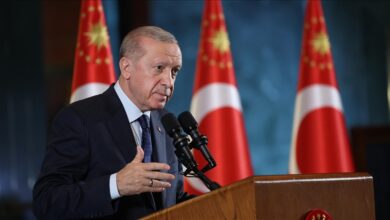Russia may block cross-border humanitarian aid access into Syria
Humanitarian workers in northern Syria warned that the UN resolution of delivering humanitarian assistance into Syria through Bab al-Hawa border crossing will not be extended.
Relief officials and political experts are focusing on what will emerge through the Security Council session scheduled for the next July. The aim of the session is to vote on the decision of extending humanitarian aid access into northern Syria.
As deadline approaches for renewal the mechanism of cross-border humanitarian aid access to Syria, there is a fear of the Russian veto in the Security Council to prevent extending the relevant UN resolution, two months after the start of Russian invasion of Ukraine and Moscow has gradually sunk into the quagmire in which it has plunged itself.
Two weeks ago, Russia threatened not to comply with the UN resolution related to aid delivery into Syria, in a situation described by some as “provocative” to the West. Many questions are raised about the possibilities of Russia obstructing aid entry through Bab al-Hawa crossing in order to put this file under Russia and Assad regime’ control.
Nevertheless, Russia spares no effort to expand the dependence of humanitarian aid delivery across the contact lines by intensifying the work of UN office in Damascus at the expense of office’s work in Turkey, and by attracting more international organizations to operate in Assad regime-held areas.
It is expected that Russia will use the veto power to block the aid that millions of Syrian civilians are in need to, and channel that aid to the benefit of the Assad regime and its ally, Moscow.
Civilians, especially the displaced people in camps in northwestern Syria suffer dire conditions due to the high prices of food and vegetables, which has negative effects on families in local communities.




